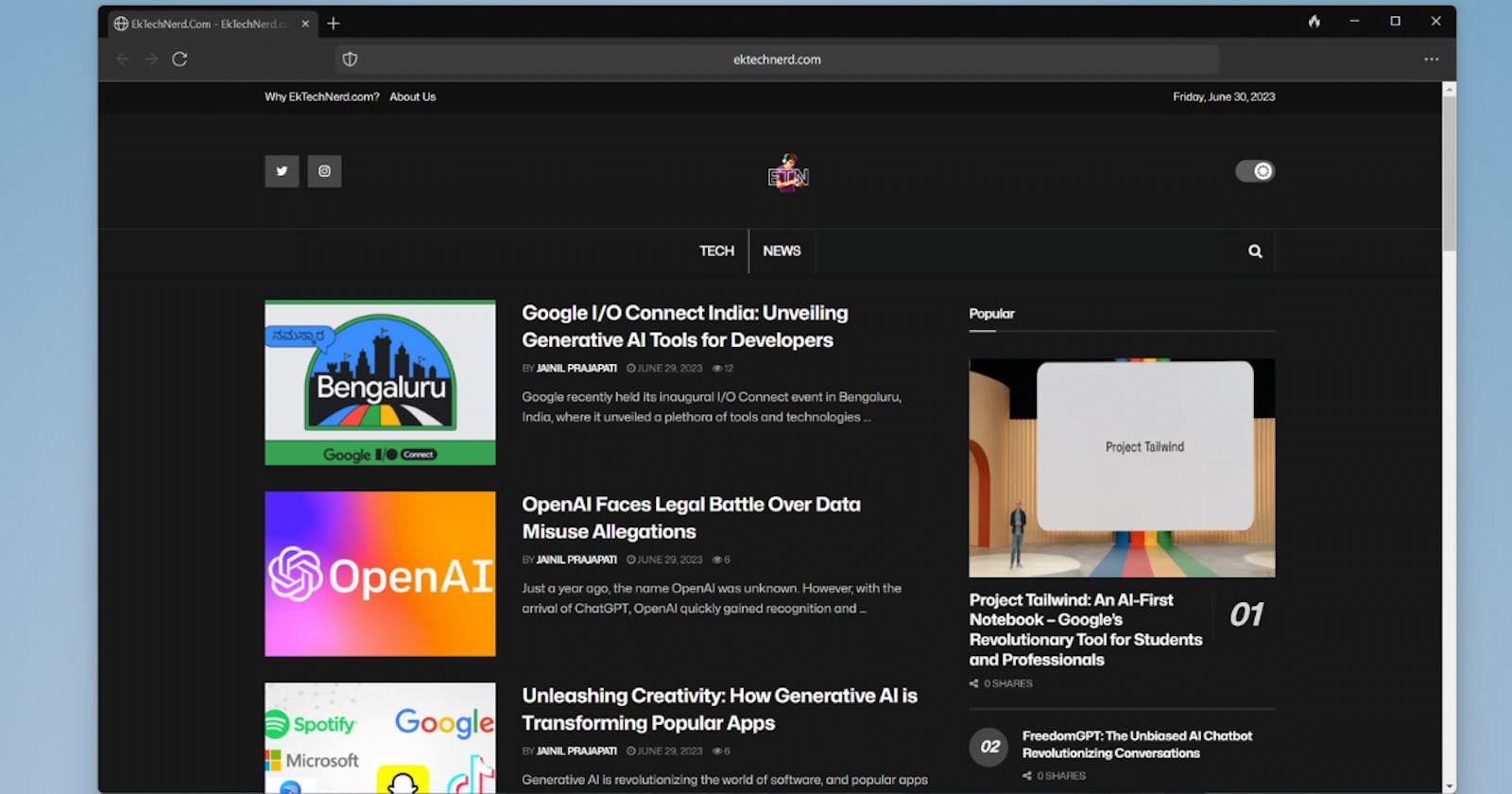Introduction:
DuckDuckGo stands out as a remarkable exception in a time when tech giants are the norm. This privacy-centric search engine has defied odds to become the 6th most visited website in the US, surpassing even Microsoft’s Bing. With a user base nearing 100 million, DuckDuckGo stands as a testament to the growing demand for privacy in the digital age.
Humble Beginnings:
Founded in 2008 by Gabriel Weinberg, DuckDuckGo’s journey began in Valley Forge, Pennsylvania. Weinberg, an MIT graduate, had previously ventured into startups like Learnection and Names Database. However, it was DuckDuckGo, born out of his passion for a privacy-focused search tool, which marked his true entry into the tech world.
Why DuckDuckGo?
DuckDuckGo distinguishes itself through its commitment to user privacy. Unlike Google, it doesn’t track user data, ensuring a more unbiased and private browsing experience. This approach enhances privacy and improves website performance by blocking trackers. Moreover, DuckDuckGo’s neutral stance on search results presents a stark contrast to Google’s algorithm, which often tailors results based on user profiles.
Growing Pains:
Despite its success, DuckDuckGo’s journey hasn’t been without challenges. Initial funding issues were resolved with an investment from Union Square Ventures. However, the struggle for independence from big tech, particularly Microsoft, continues. DuckDuckGo relies on Bing for search results, which it then anonymizes and presents to users. This dependency creates a complex dynamic between the two companies.
Financial Outlook:
While DuckDuckGo is profitable, its revenue model, focused on privacy and limited ads, means it doesn’t match Google’s financial might. It is a modest player in a market were search ad revenues amount to billions, with an annual revenue of around $100 million. However, financial dominance was never DuckDuckGo’s goal; its success lies in providing a private alternative to Google.
Conclusion:
DuckDuckGo’s rise is not just a business success story; it’s a narrative about privacy in the digital world. In an age where data is gold, DuckDuckGo offers a sanctuary for those seeking a more private, unbiased internet experience. As the debate around digital privacy intensifies, DuckDuckGo stands as a beacon of hope for privacy advocates.
Discussion:
Would you consider switching to DuckDuckGo for a more private browsing experience? Share your thoughts below. Furthermore, explore the story of Craigslist, another community-oriented platform making waves in the digital space.

